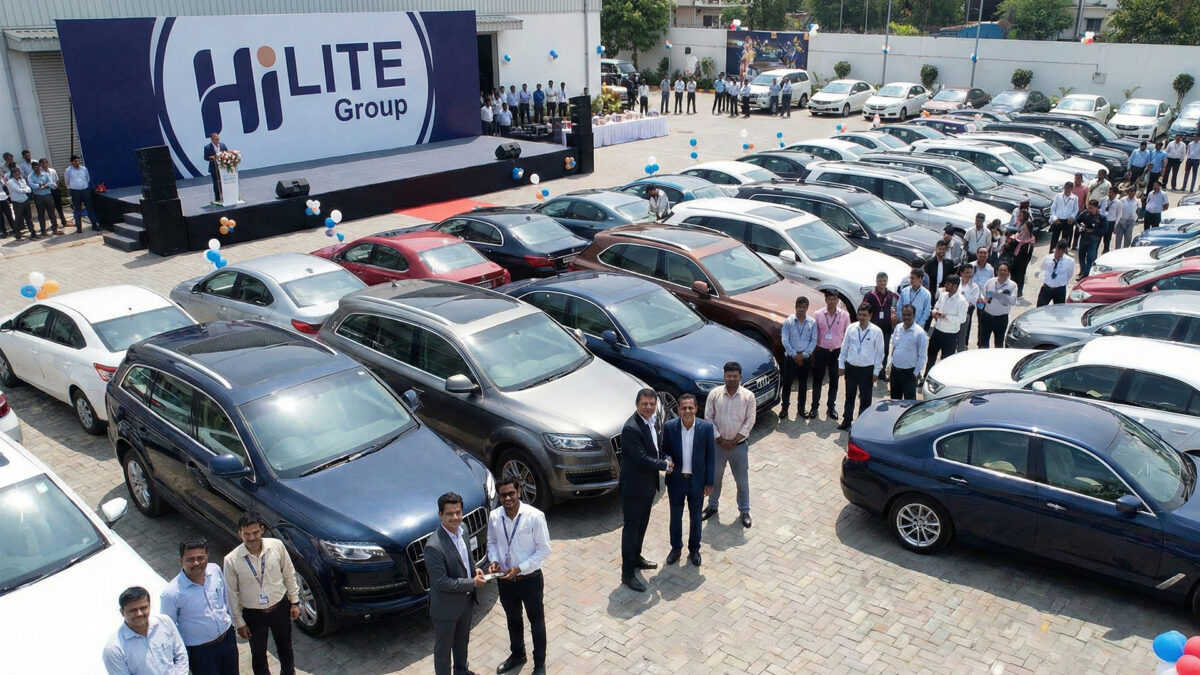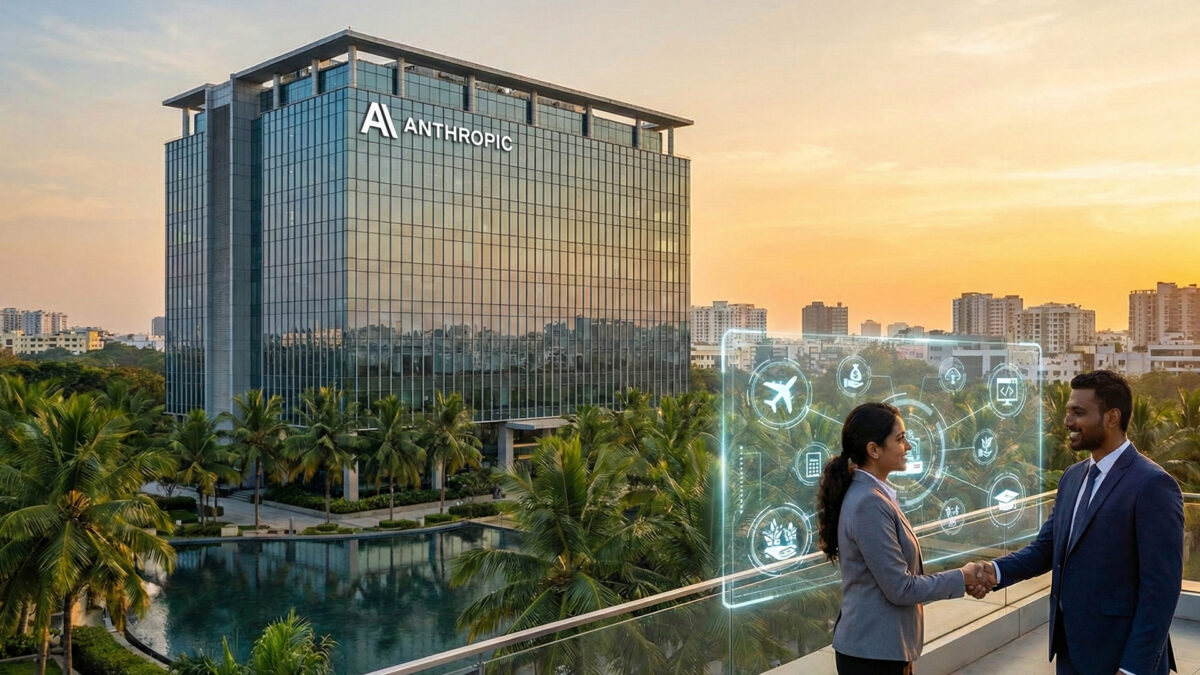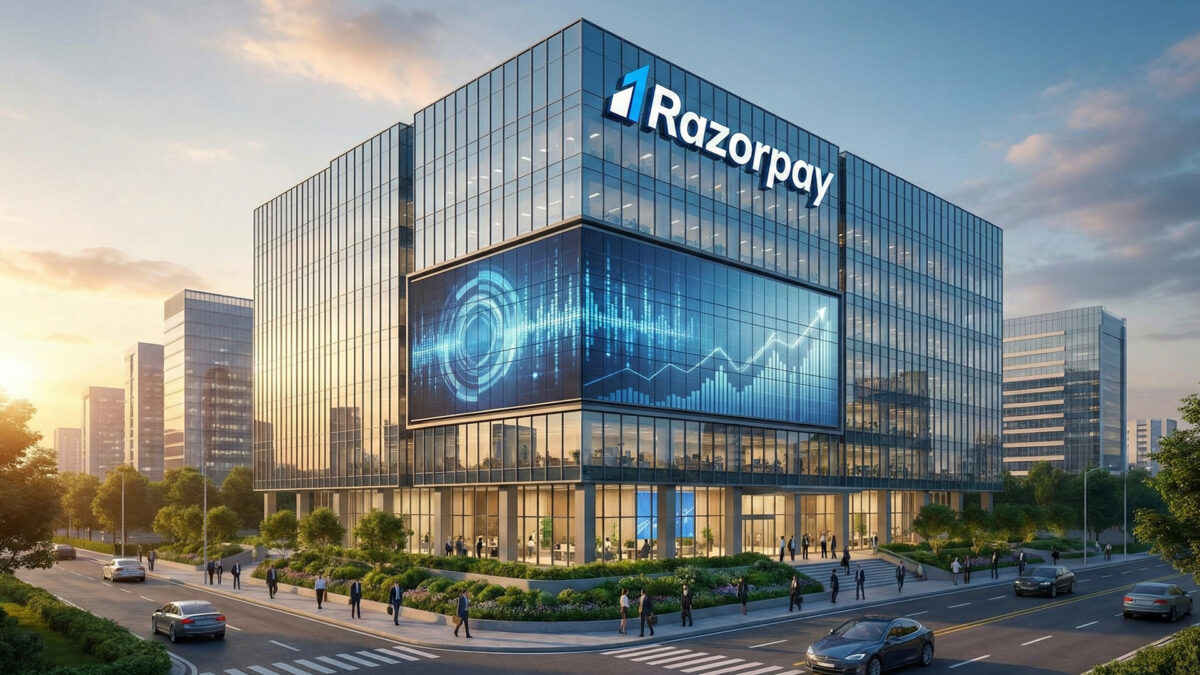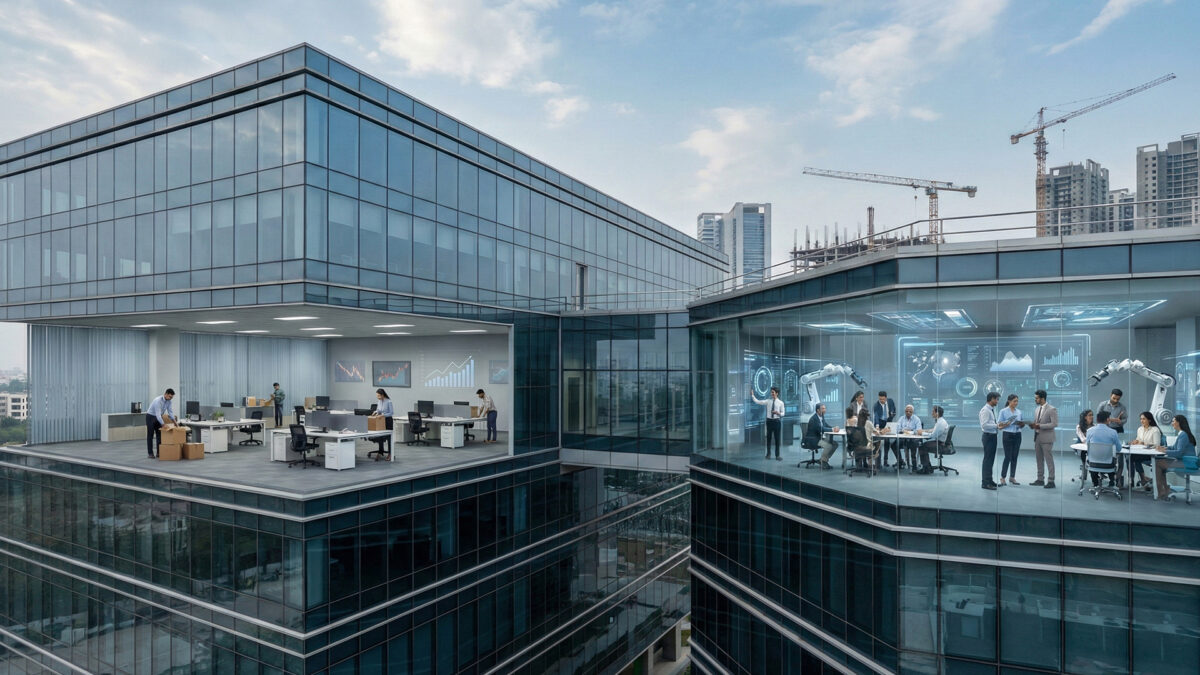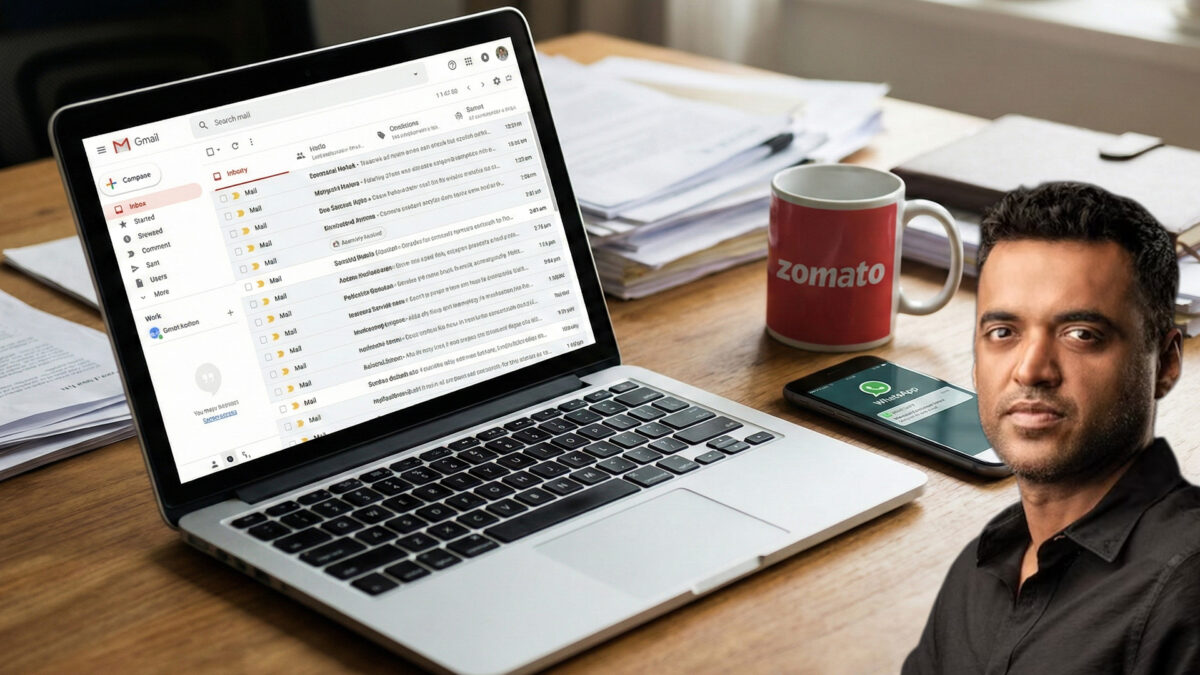Veteran radio journalist David Greene has taken legal action against Google, claiming its AI feature in NotebookLM reproduced his recognisable on-air voice without consent.
Greene said the AI-generated presenter matches his rhythm, tone and speaking quirks so closely that friends assumed he had authorised its use. A forensic voice study submitted with the lawsuit reported a similarity of more than 50%. Google has dismissed the allegation, maintaining the audio was created using a professional voice actor.
The dispute highlights mounting concerns over how generative AI systems are trained and whether individuals have rights over their vocal identity in the rapidly evolving digital landscape.

